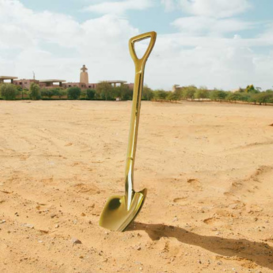
Building Capacity, Creating Change: A Journey in the Egyptian Child Protection System
By Carie Forden, Professor and Chair, and Yasmine Saleh, Associate Professor of Practice, Department of Psychology This presentation describes the joys and challenges of a capacity-building initiative implemented in collaboration with UNICEF, the Ministry of Social Solidarity, the Ministry of Education, the National Council of Women, and the National Council of Childhood and Motherhood. We ...







